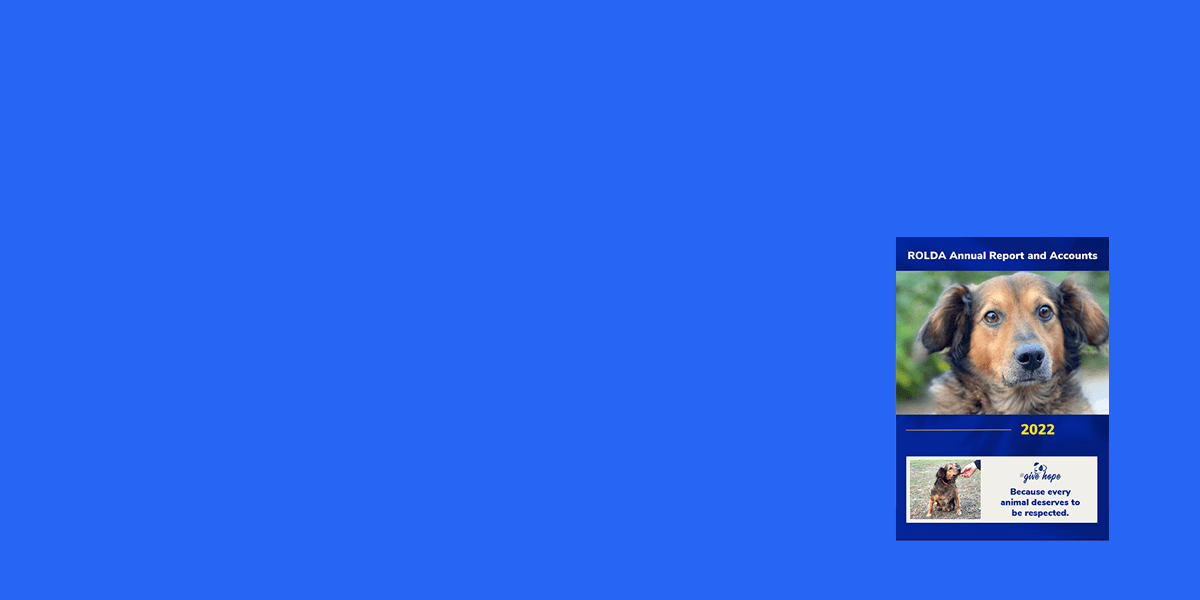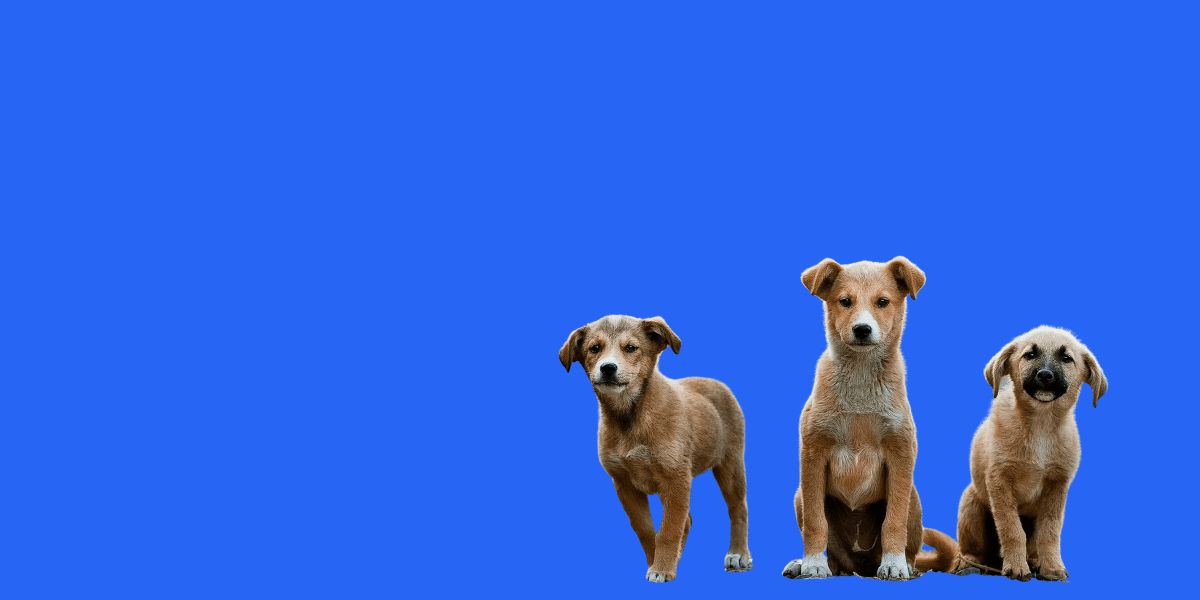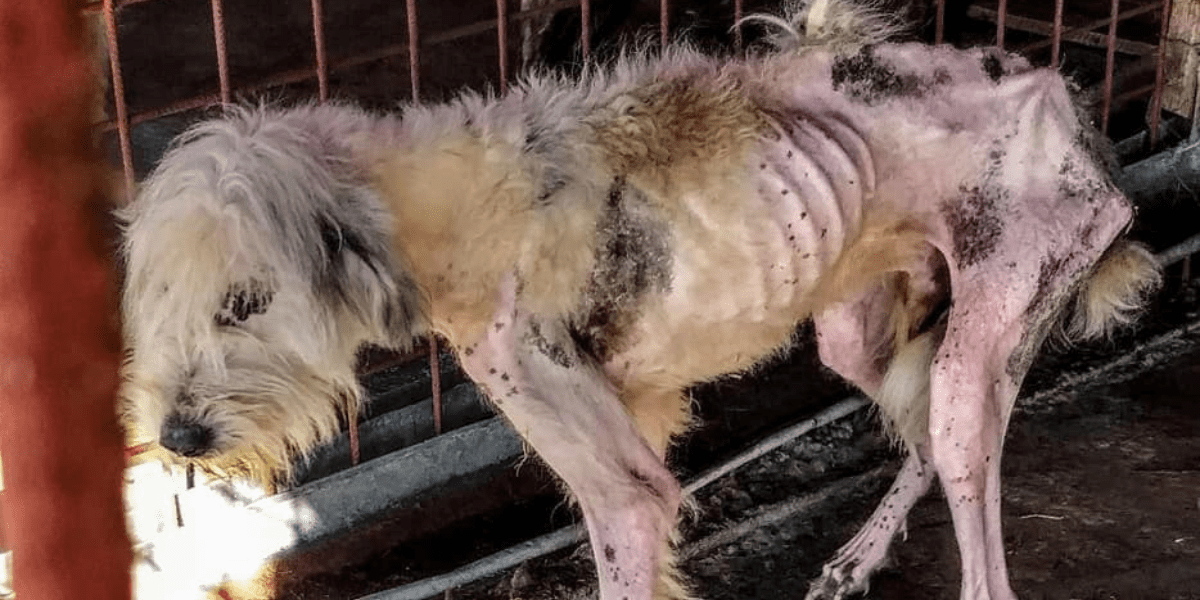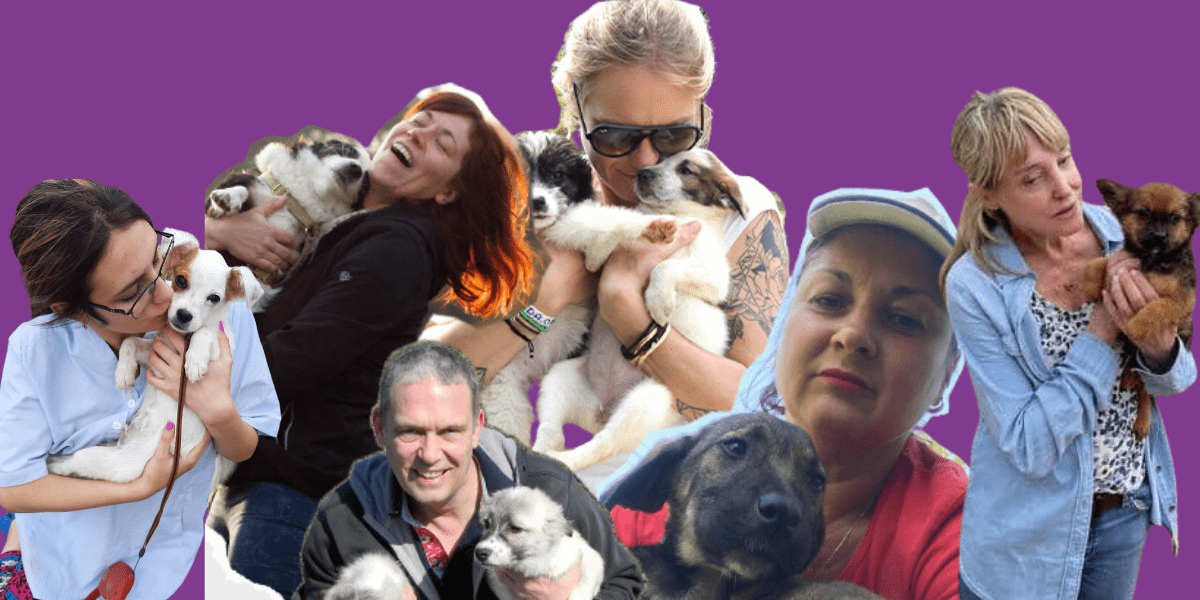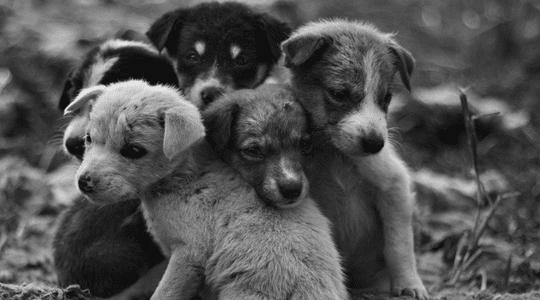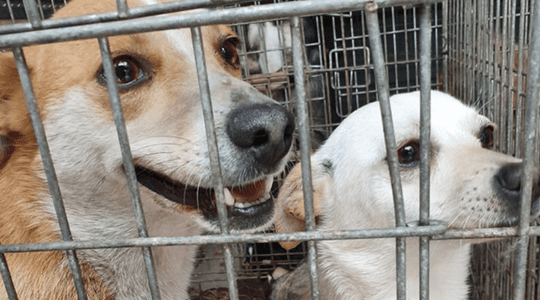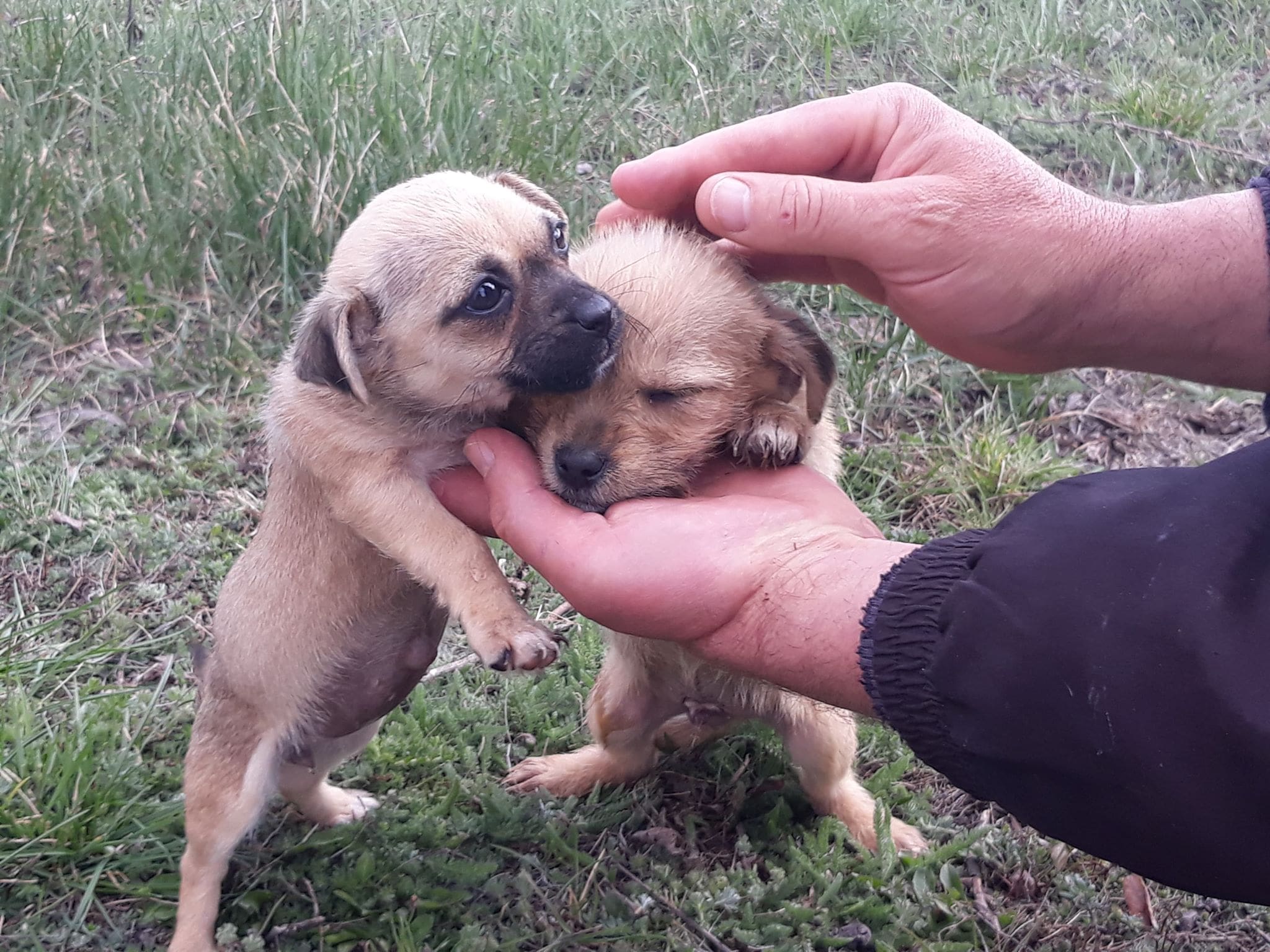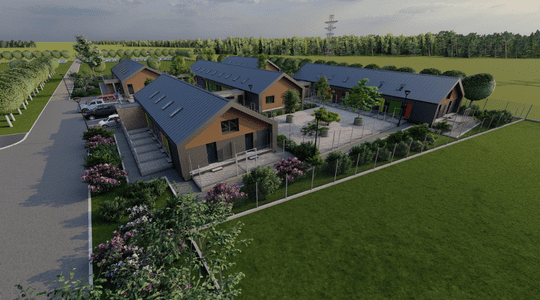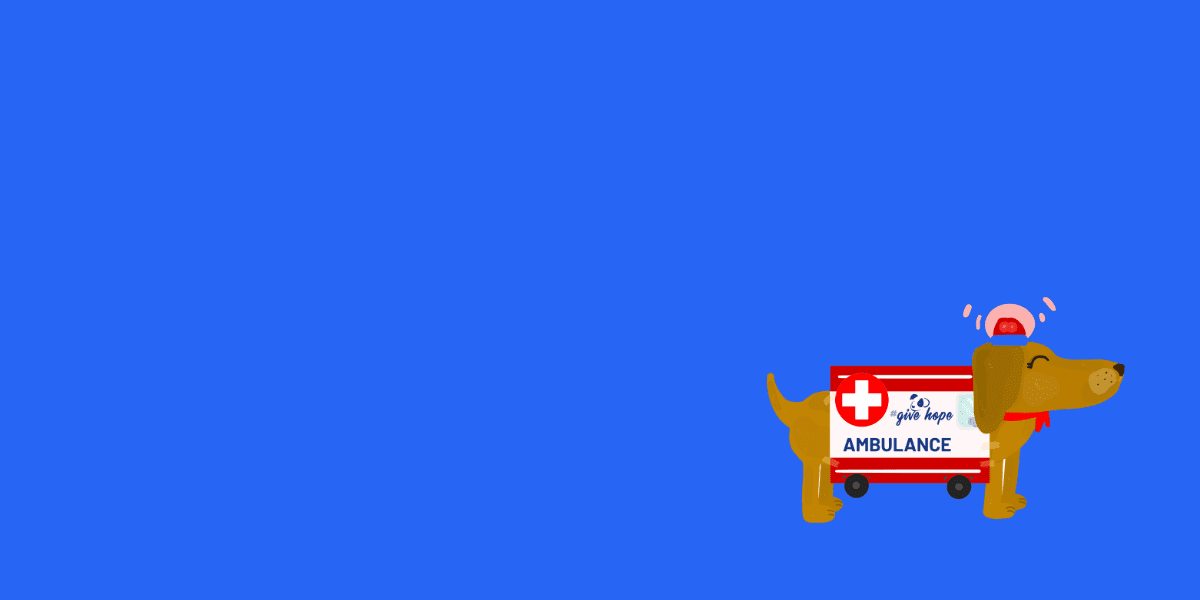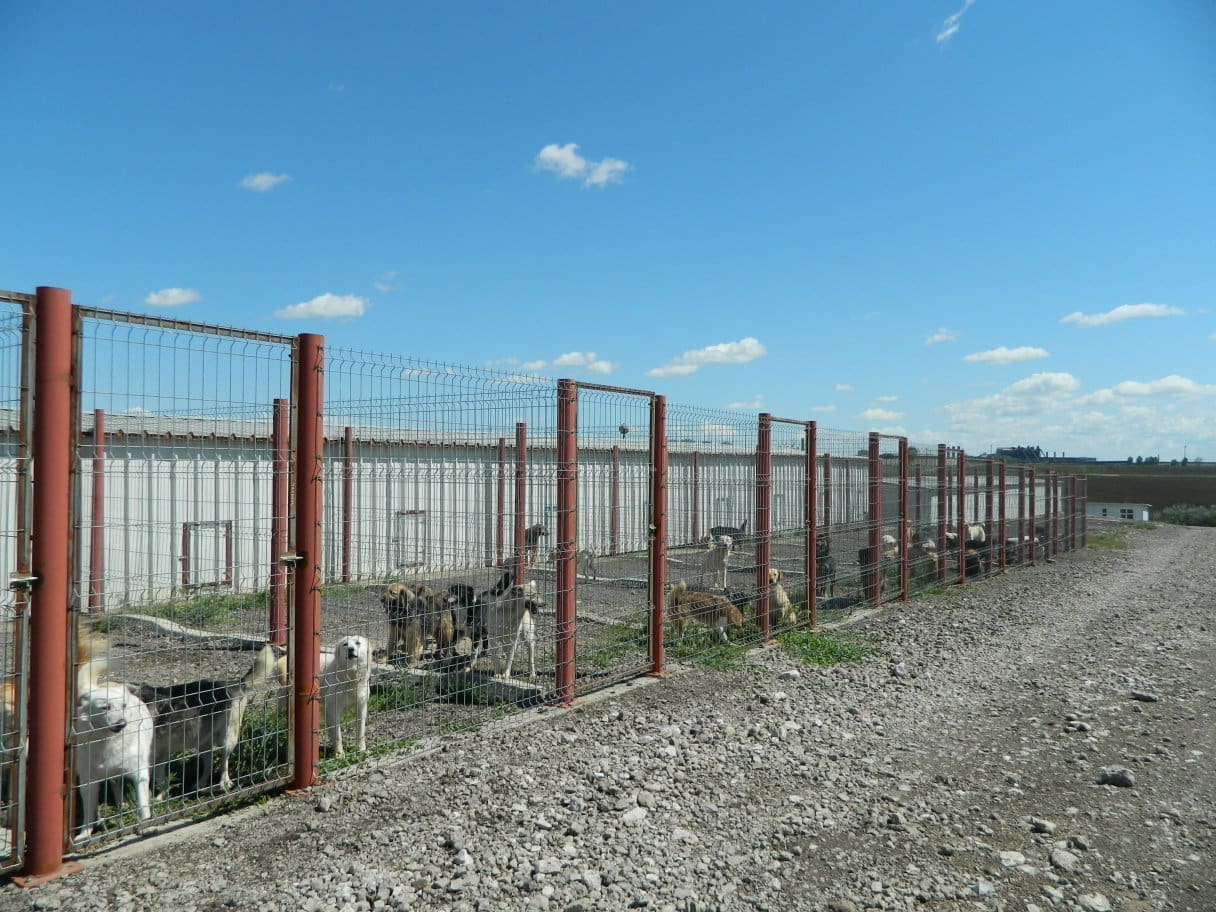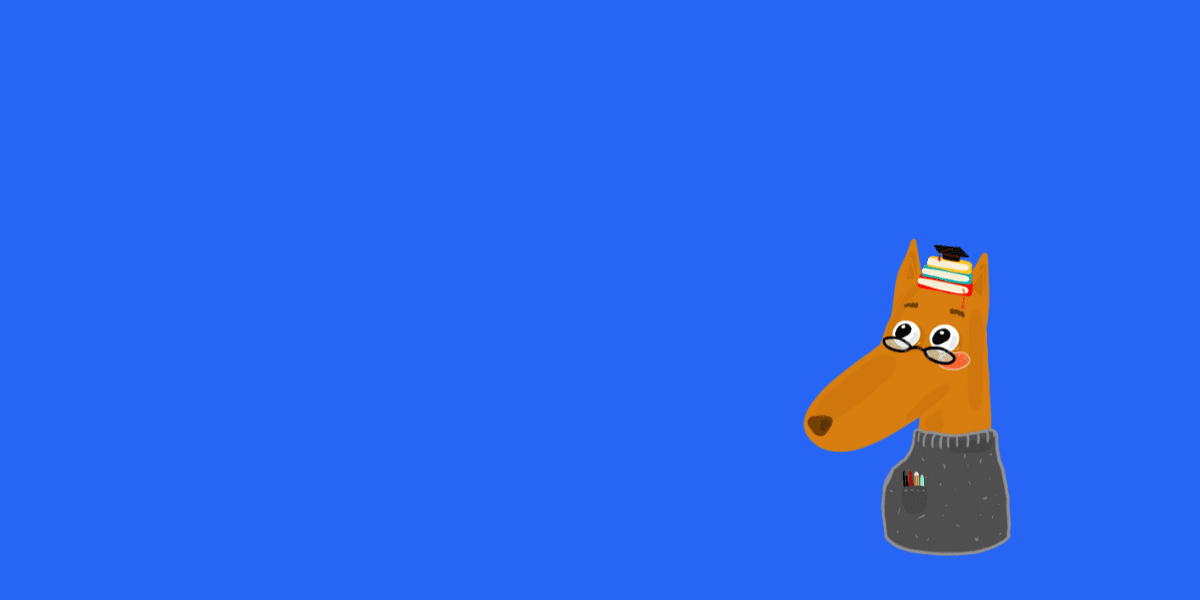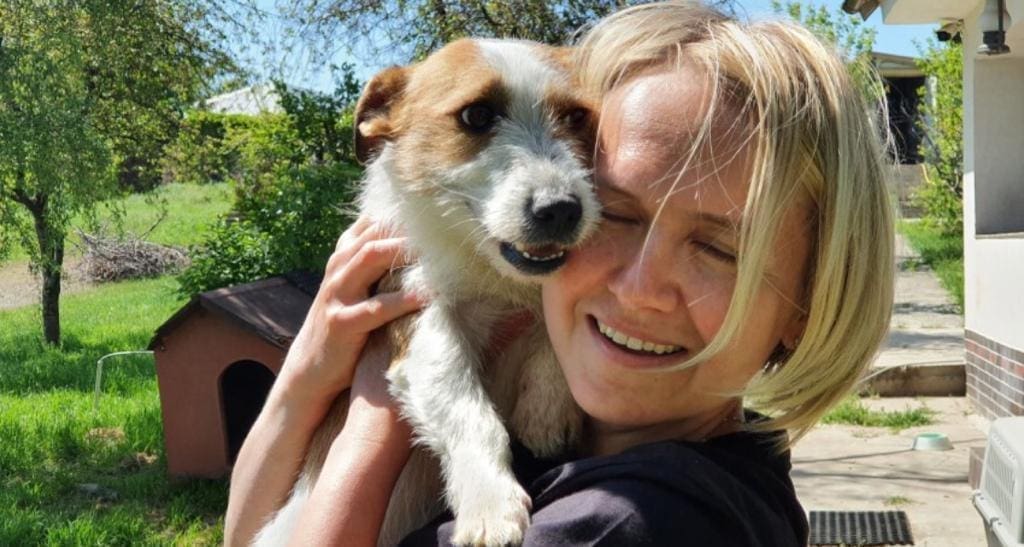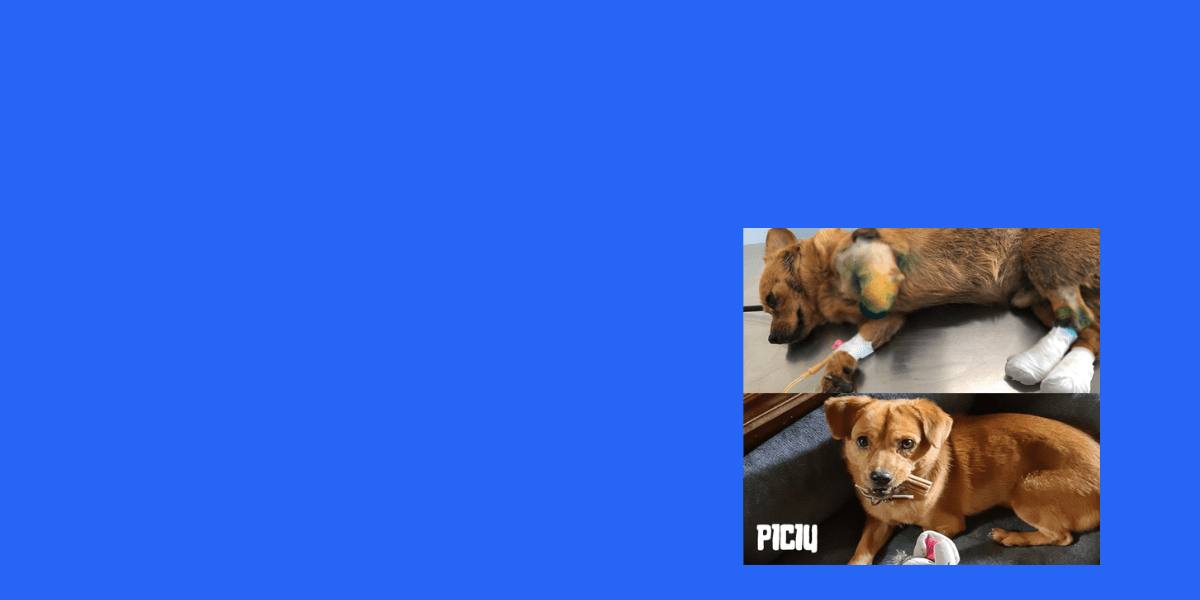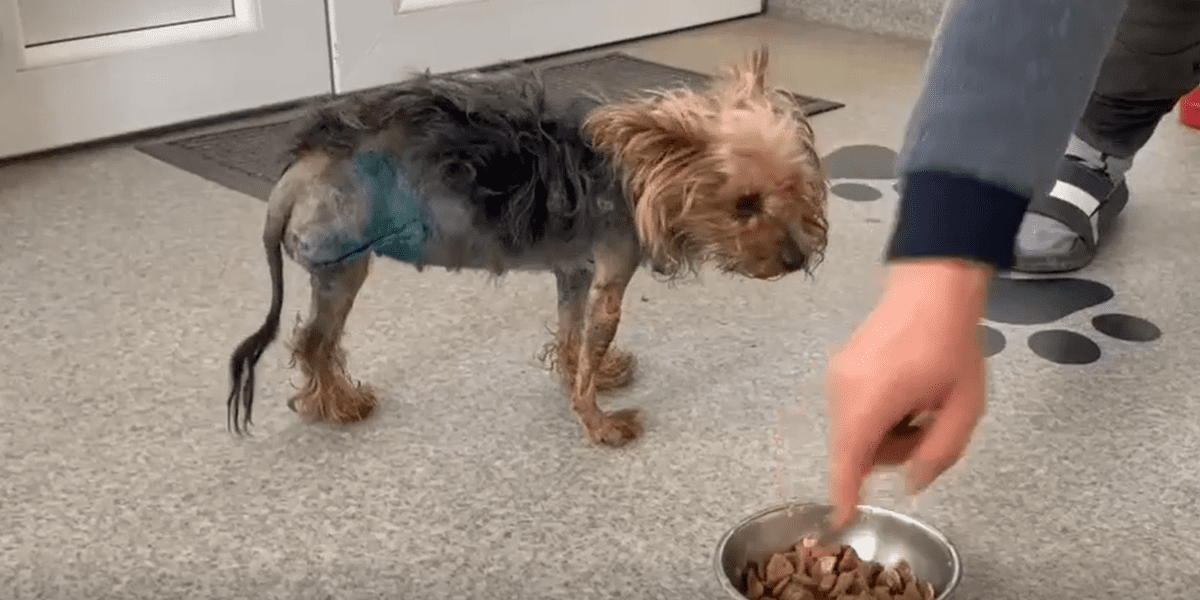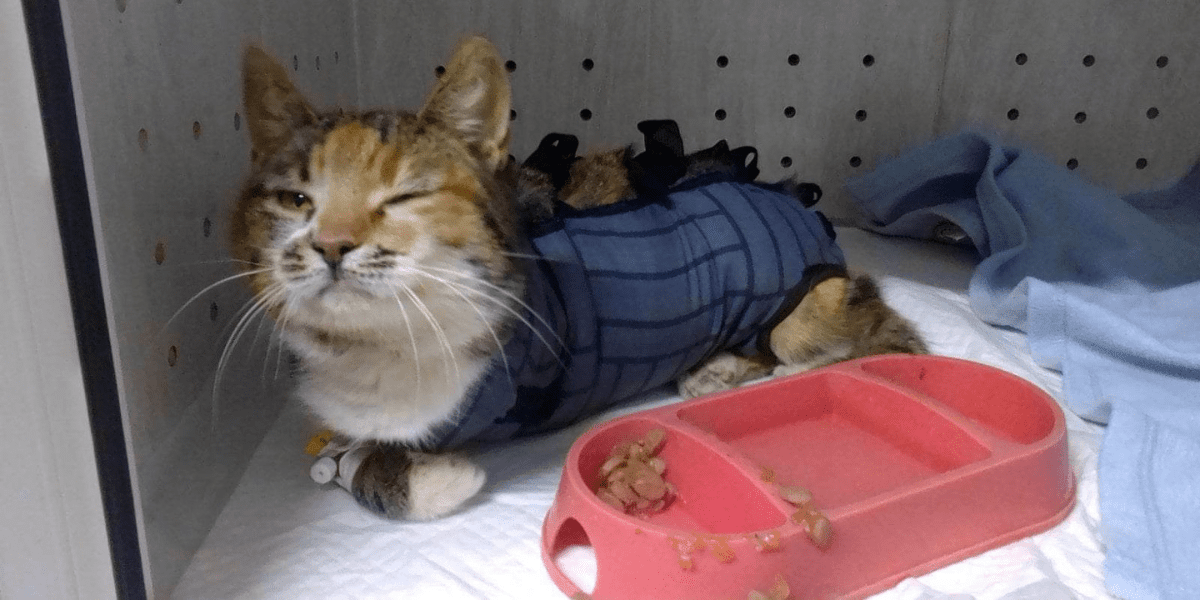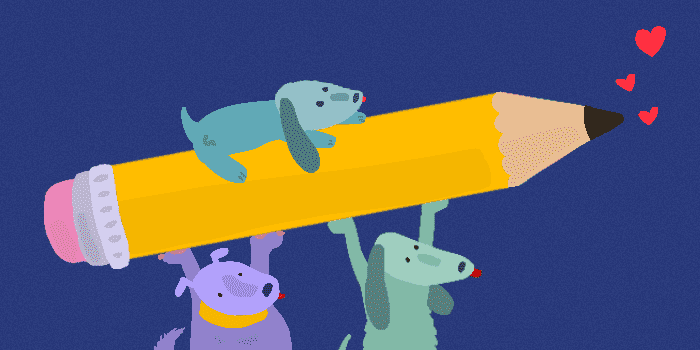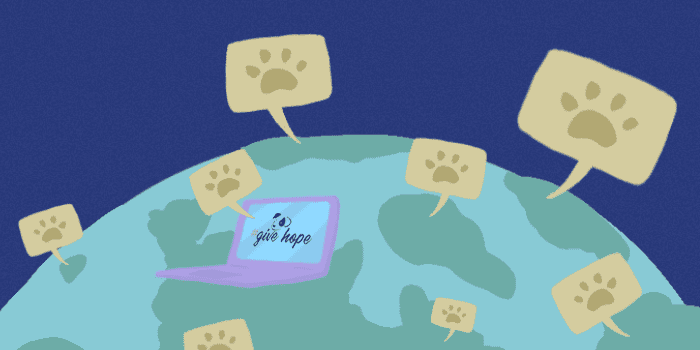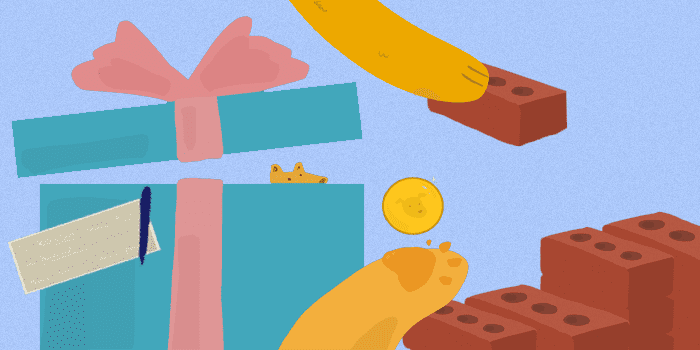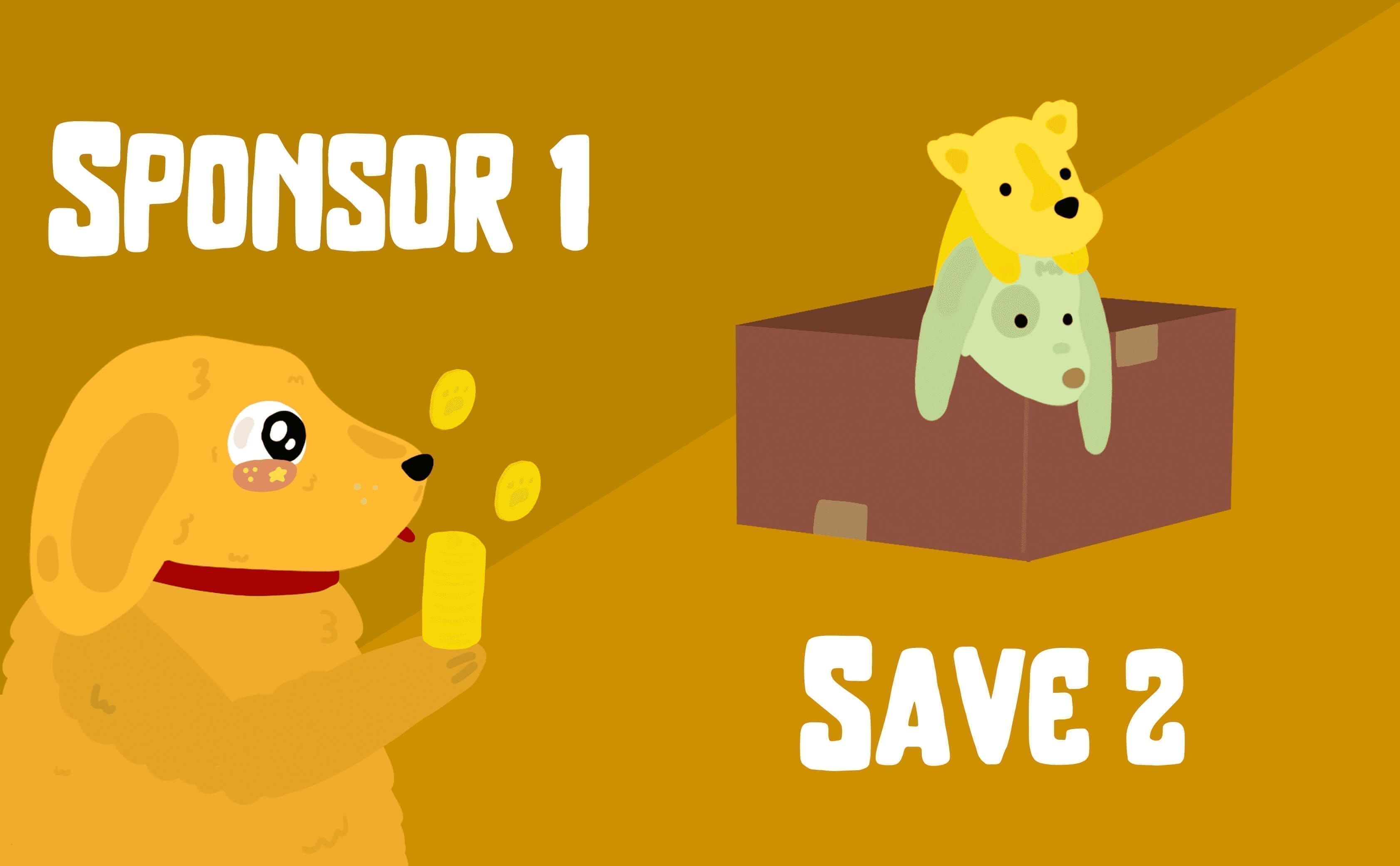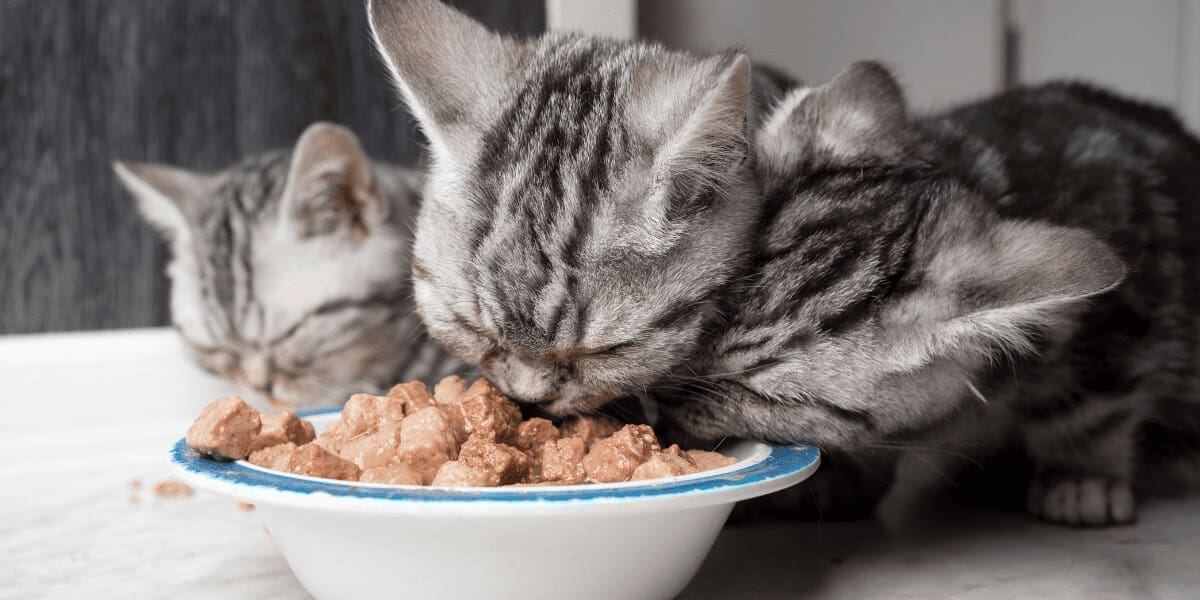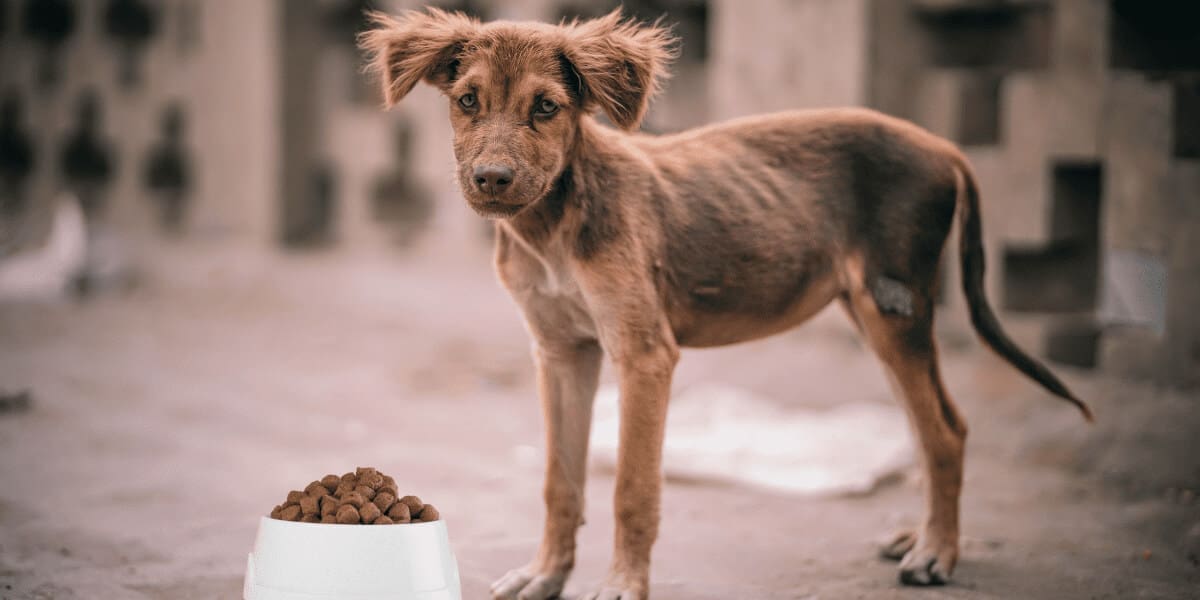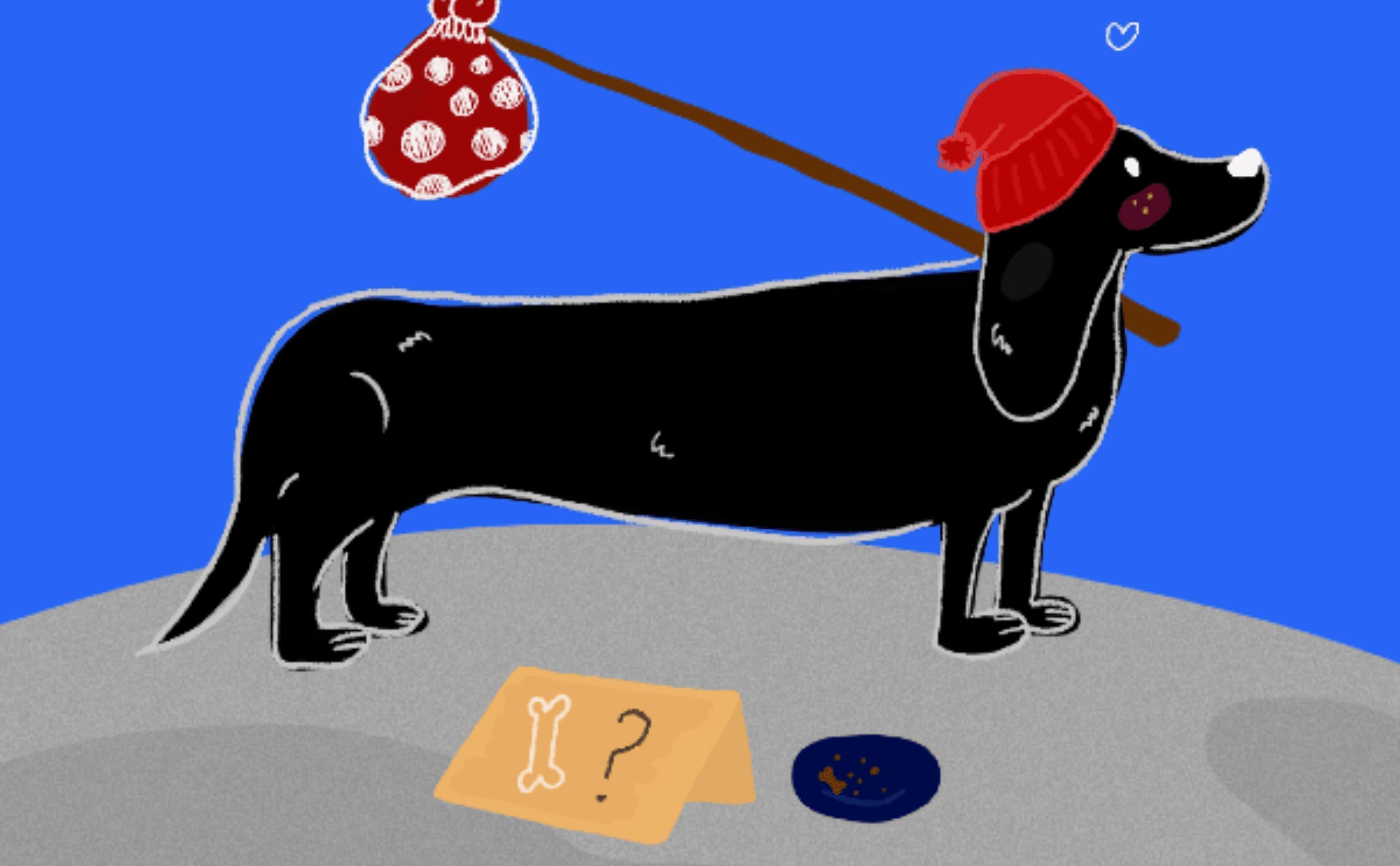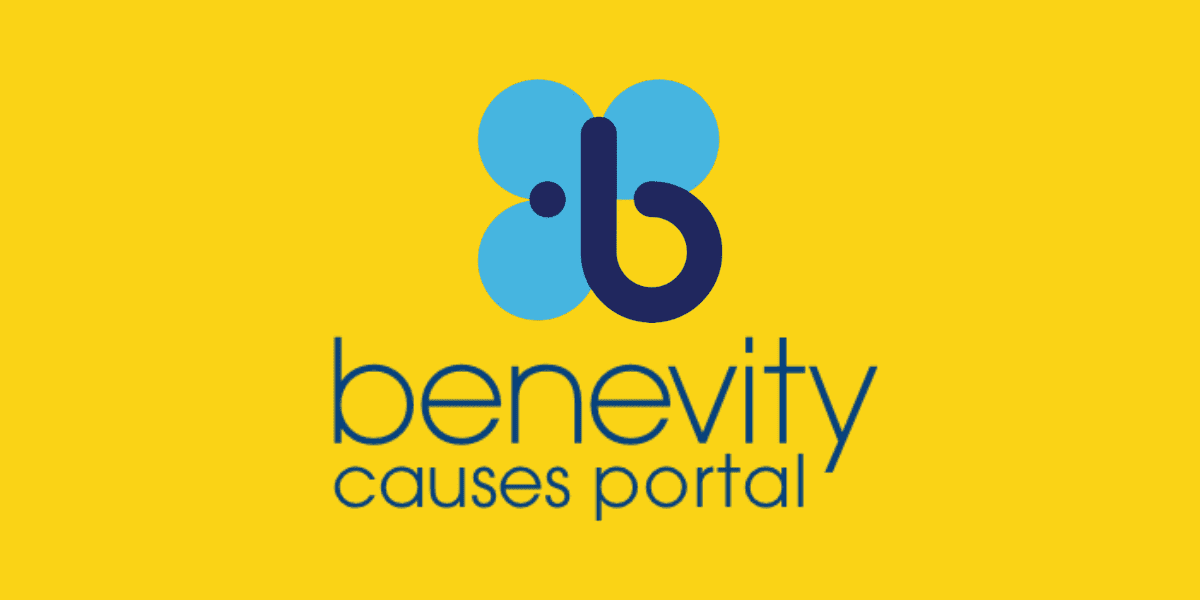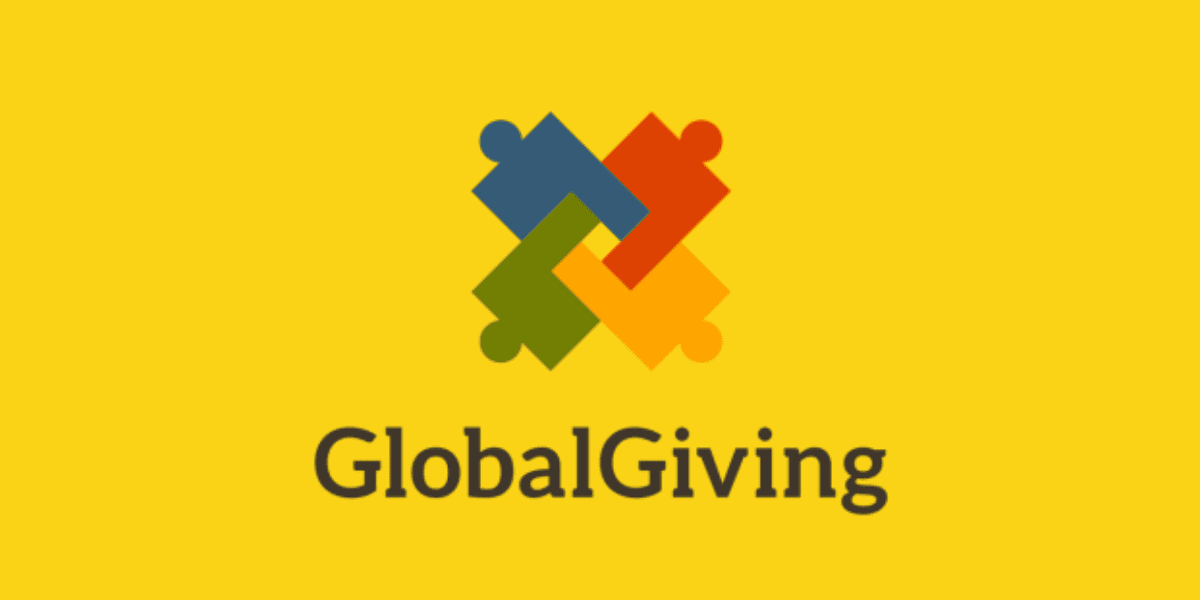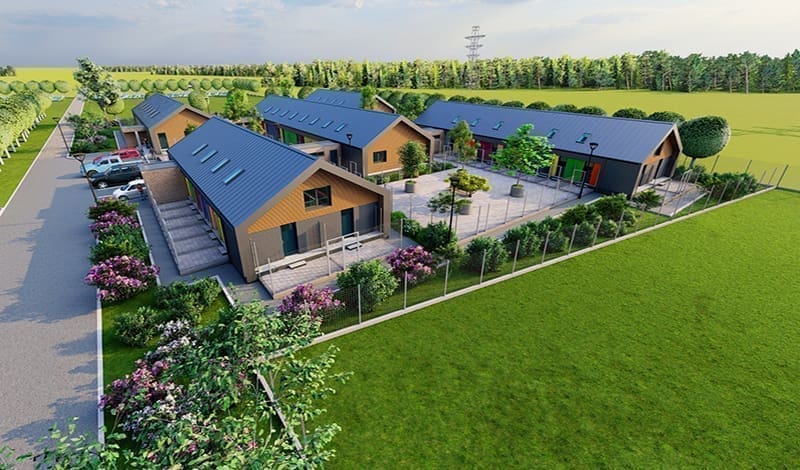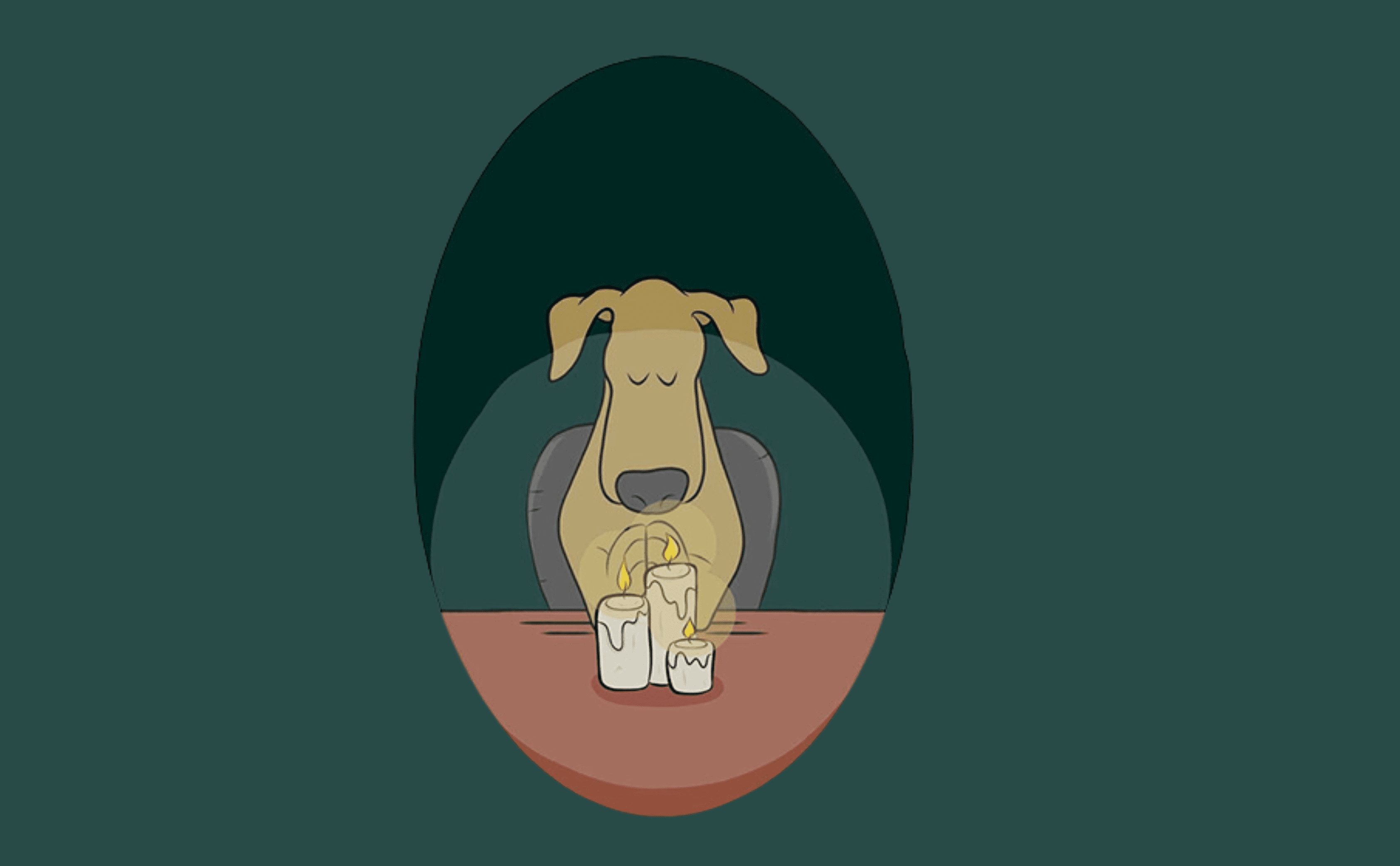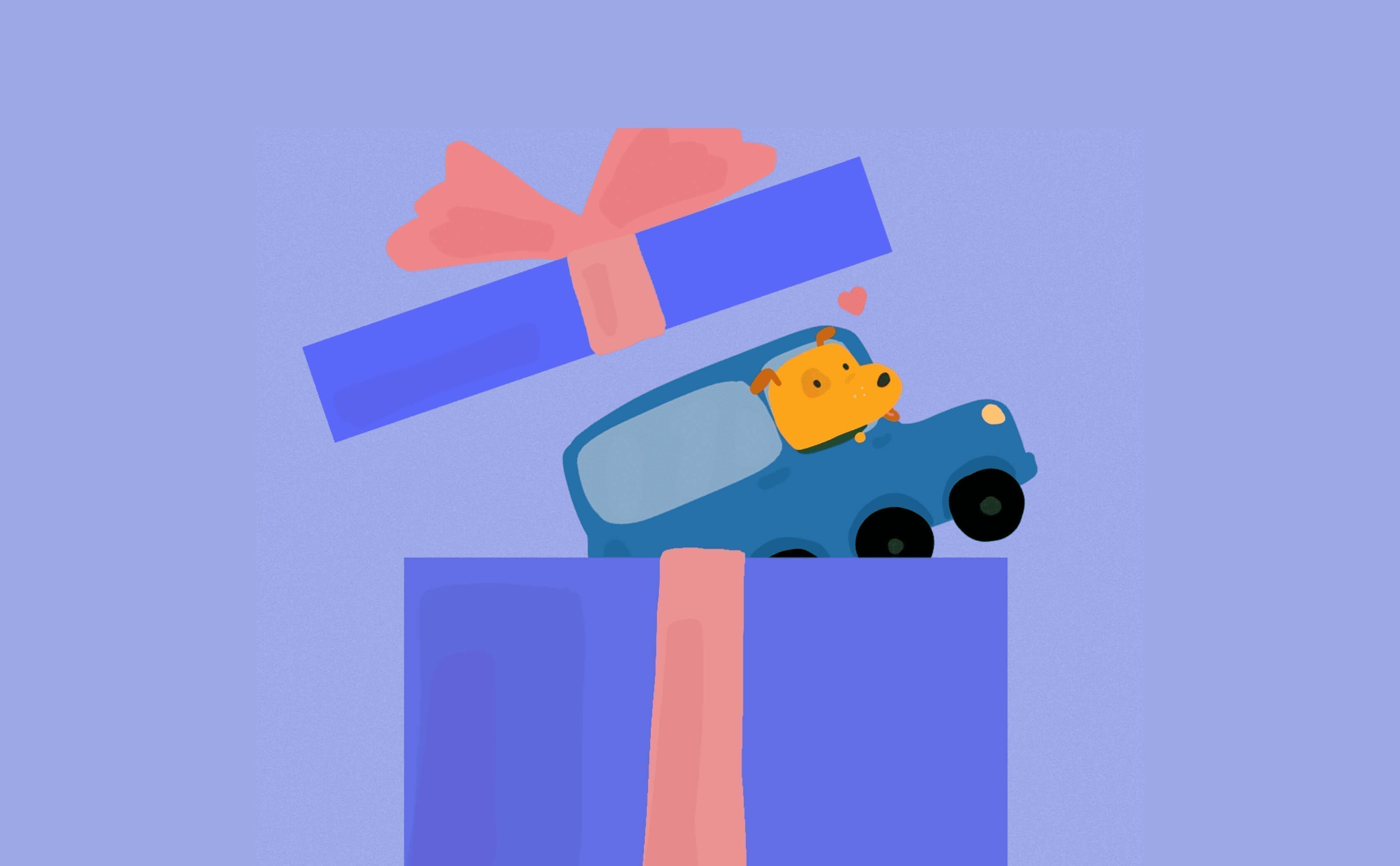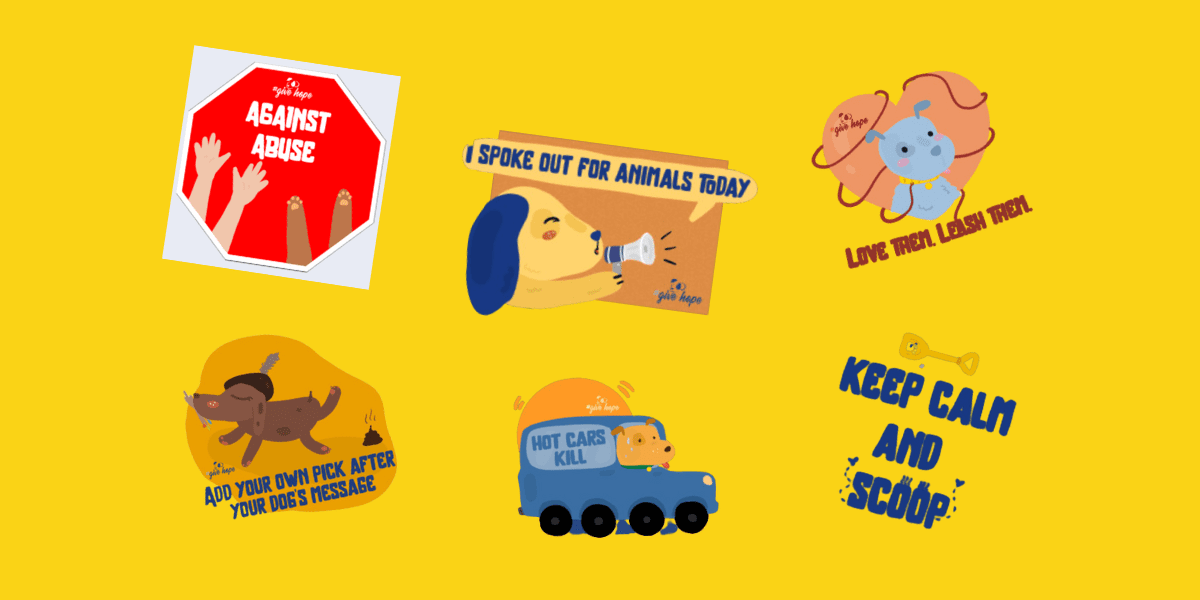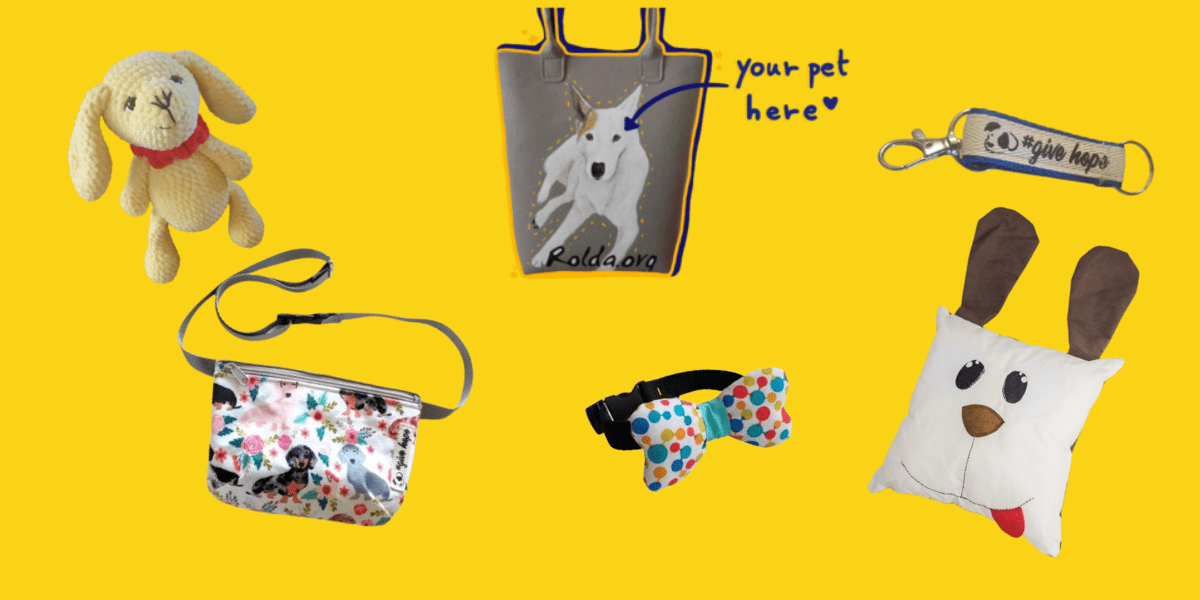Rescue category
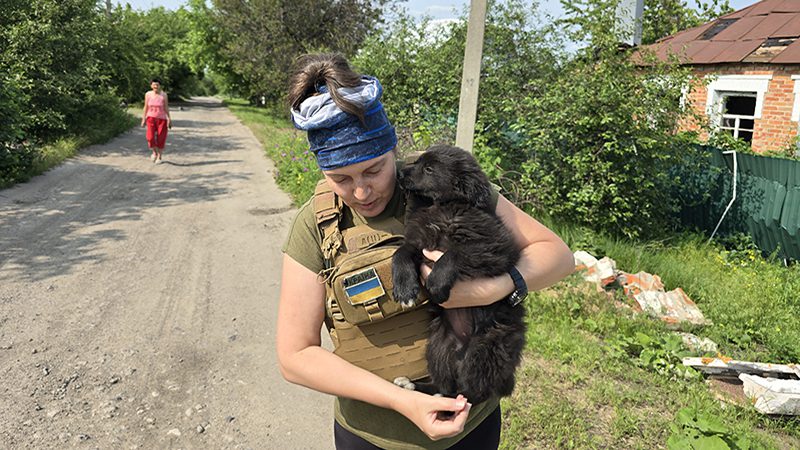
Into the War Zone
A first-hand account by Dana Costin, Founder of ROLDA At ROLDA, we like to say that our volunteers are the heart of the charity. The passion, dedication and determination of our volunteers make such a difference that they help shape our future. Small charities can be highly dependent on volunteers, especially when they cannot afford ... Into the War Zone
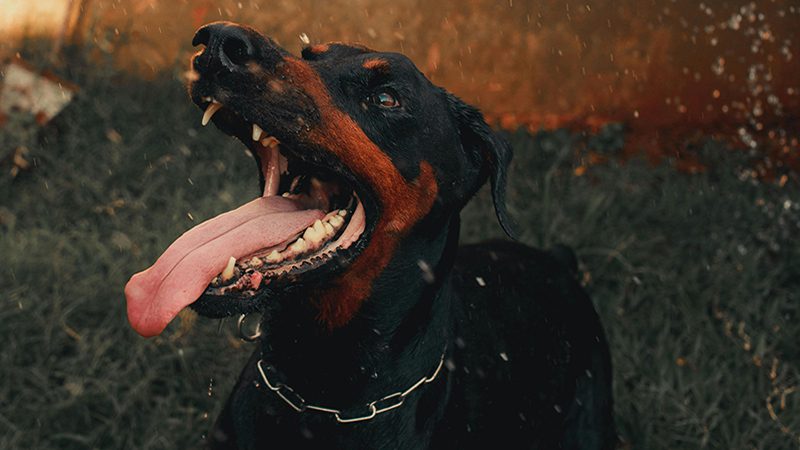
How do you train an older dog not to bite?
As much as we love our dogs and as much as we understand their instincts, biting remains objectively wrong. This is primarily because of its obvious harmful effects and the legal implications for the owners of dogs that bite. Sometimes, it might depend on the context in which the bite occurred and the severity or ... How do you train an older dog not to bite?
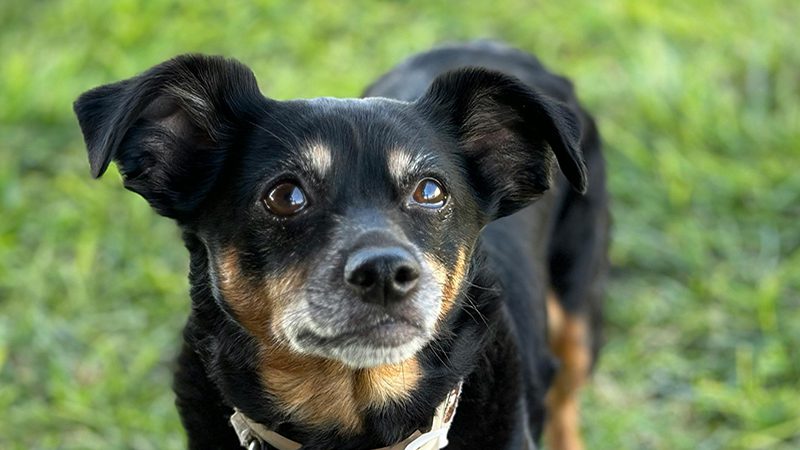
How do I get my puppy to stop crying?
Getting a puppy can be the most exciting moment of anyone’s life. Even as children, we dream of the unbreakable bond we will have with our dog, a bond created since puppyhood. The training part, however, hits like a ton of bricks! As aware as you might think you are of all the things you ... How do I get my puppy to stop crying?
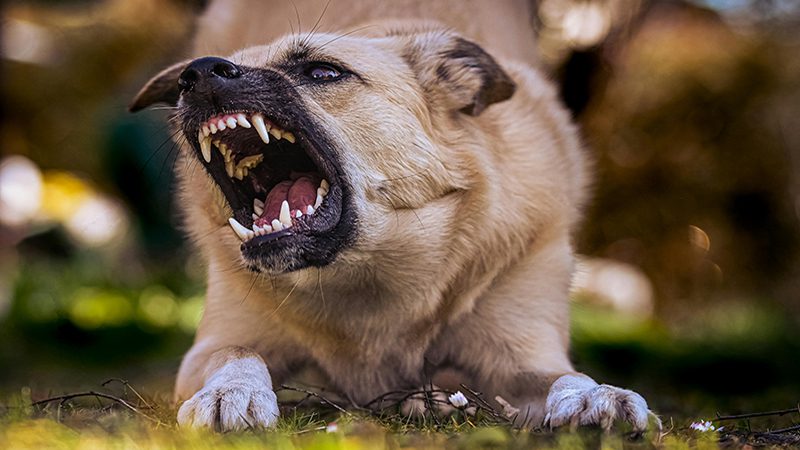
Understanding Canine Behavior: What Your Dog’s Actions Reveal
Here is something that sounds difficult to do before you have a dog: understanding them and being able to have a “conversation.” You might think that only professional trainers and seasoned dog owners will know the significance behind every sniff and growl. Still, the experience will soon teach you that any dog owner with a ... Understanding Canine Behavior: What Your Dog’s Actions Reveal
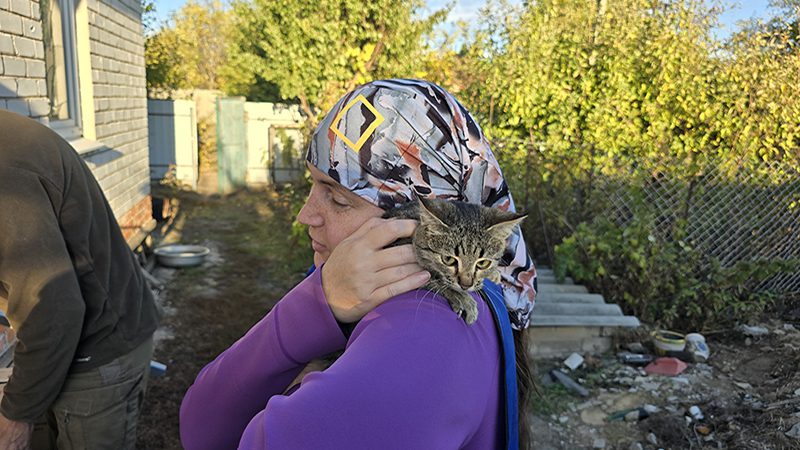
Dana’s Journey to Ukraine, October 2024
Compassionate Impact Report: capturing the sights, sounds, and stories of resilience. With a heart full of dedication and compassion, Dana Costin, CEO of ROLDA, embarked on a five-day mission to Ukraine in October 2024 travelling to the Kharkiv region, where she provided crucial support for animal rescue operations near the front lines. With a van ... Dana’s Journey to Ukraine, October 2024
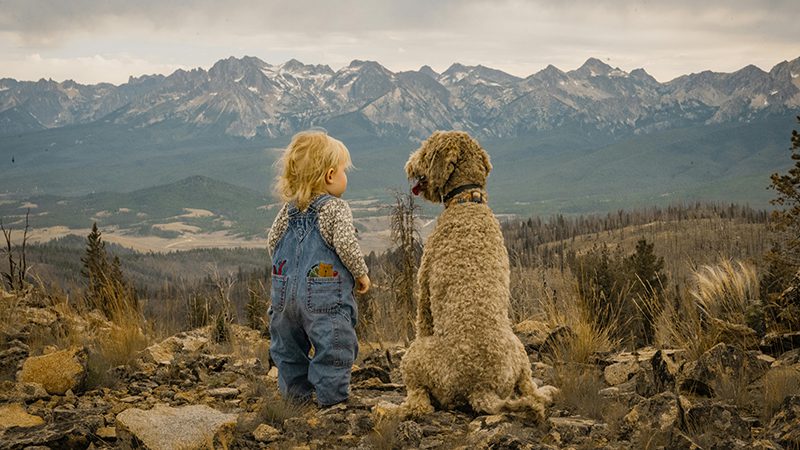
Why Families with Children Should adopt a Shelter Dog
Families, especially those with children, can find immense satisfaction and happiness by deciding to adopt a dog from a shelter. By bringing home a shelter dog, families not only provide a loving home but also give children a special chance to learn compassion, responsibility, and more. Families with children can experience many benefits by adopting ... Why Families with Children Should adopt a Shelter Dog
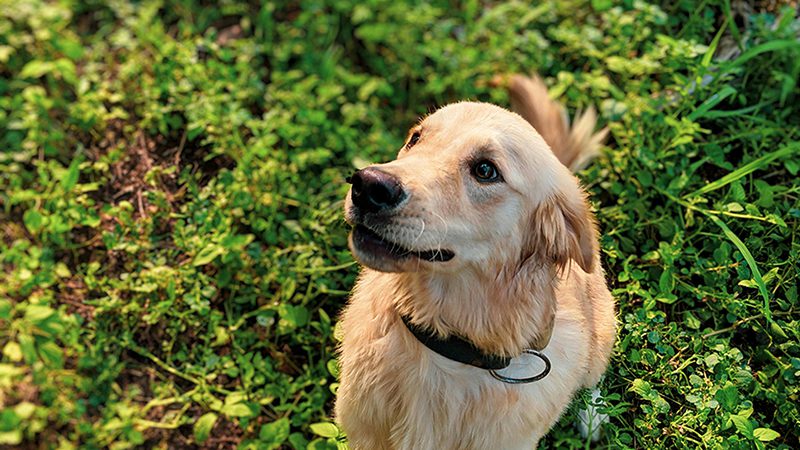
Toxic Plants that Can Harm Your Dog
When we imagine happy dogs at play, we often picture them outdoors feeling the softness of the grass beneath their paws, their noses twitching as they take in the scent of every flower. It’s a heartwarming sight, observing them in their blissful state—until their attention turns to devouring a plant or exhibiting an excessive fascination ... Toxic Plants that Can Harm Your Dog
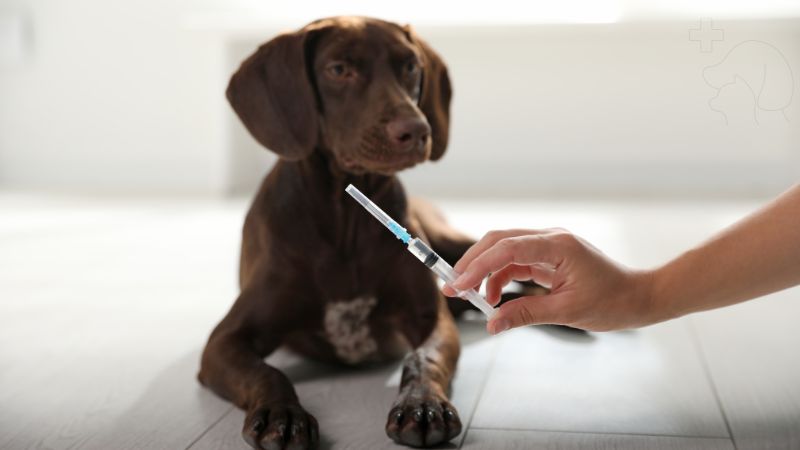
Dealing with Common Canine Health Issues: Prevention and Treatment
While owning a dog brings immense joy and love, it’s crucial to recognise the responsibility that comes with ensuring their health and well-being. As much as we hate to imagine it, our furry companions are susceptible to health problems and accidents as they age, just like humans. Taking the steps of providing proper care, practicing ... Dealing with Common Canine Health Issues: Prevention and Treatment
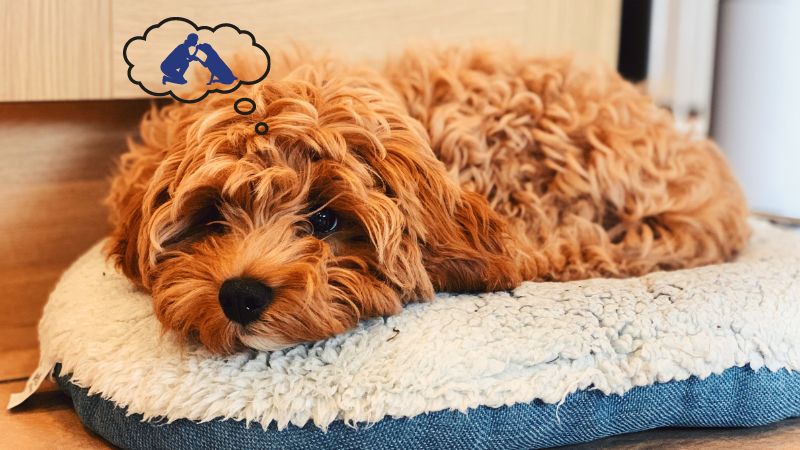
Ensuring a Safe Home: Practical Dog-Proofing Tips for New Pet Owners
The anticipation of bringing home a new dog creates a palpable sense of excitement. You’re likely picturing all the delightful moments in store, such as your pup relaxing on the comfortable couch or joyfully exploring the vibrant yard. It is essential to make your home safe and comfortable for your new pet. Prior to the ... Ensuring a Safe Home: Practical Dog-Proofing Tips for New Pet Owners
 non-US support +44 (0)161 531 8801
non-US support +44 (0)161 531 8801

